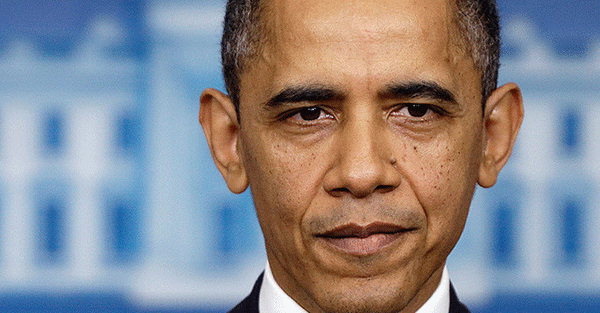May 5, 2015
Sovereign Valley Farm, Chile
Well, it was bound to happen sooner or later.
Our beloved amigos at the US Financial Crimes Enforcement Network (FinCEN), have just issued the first-ever ‘civil enforcement action’ against a virtual currency.
The offending criminal mastermind in this case? Ripple Labs.
If you’re not familiar, Ripple is a virtual currency platform that was once the darling of Silicon Valley, attracting top VC firms like Google Ventures and Andreessen Horowitz.
Ripple’s technology allows users to conduct financial transactions with one another — sending and receiving payments in cryptocurrencies like Bitcoin, as well as fiat currency.
Imagine Bitcoin meets Paypal… and you have the basic idea.
As part of its technology, the parent company Ripple Labs also created a native virtual currency called ‘XRP’, which is the second largest in the world after Bitcoin when measured by market capitalization.
Because of all of these features, Ripple Labs qualifies as a ‘money service business (MSB)’ according to FinCEN… which makes them subject to all sorts of regulations.
At the top of the list is the Bank Secrecy Act (BSA), which, contrary to its name, requires banks and MSBs to betray their customers’ financial secrets to the US government.
Specifically, the BSA mandates that all banks and MSBs file ‘suspicious activity reports’ if they “know, suspect, or have reason to suspect” that a transaction of $2,000 or more is ‘suspicious’.
And in the age of the USA PATRIOT Act, suspicious transactions are BIG BUSINESS for Uncle Sam.
Last year a record 2.4 MILLION suspicious activity reports were filed. That’s a 40% increase from 2013’s record year of 1.7 million.
As you can imagine, Ripple Labs failed to register with FinCEN as an MSB, nor did it submit suspicious activity reports.
In its complaint, FinCEN describes several of the oooooh-so-nefarious violations.
According to FinCEN, “In January 2014, a Malaysian-based customer sought to purchase XRP from [Ripple Labs], indicating that he wanted to use a personal bank account for a business purpose.”
HOLY JIHAD BATMAN!!!! Someone wanted to use a personal bank account for business purposes?!?! NUKE THE SON OF A BITCH!
I mean, seriously. This is the complete nonsense that keeps financial bureaucrats up at night: some guy in Malaysia wants to buy digital currency with his personal funds.
Whoop-dee-doo.
But what’s really wild is that Ripple actually DENIED the transaction. They just didn’t file the SAR.
So… even though Ripple didn’t actually ENGAGE in said ‘suspicious activity’, failing to file the SAR (with the appropriate TPS report cover sheet) was enough to land them in hot water.
End result — Ripple was dinged with a $700,000 fine.
Now, $700k is a pittance compared to the $9 BILLION that BNP Paribas was slammed with last year for doing business with countries that were former enemies-turned-BFFs of the US government — namely Cuba and Iran.
But it’s still a ridiculous penalty for having done nothing wrong.
Of course, it’s never about right or wrong. It’s about sending a message. And that’s exactly what FinCEN is doing.
By going after Ripple (a major player in the industry), FinCEN is trying to scare all the smaller players into ratting out their customers.
This, after all, is what desperate, bankrupt governments have done for millennia —
Step 1: Track down where everyone’s money is.
Step 2: Take it.
You don’t see rich, stable countries doing this sort of thing. In fact, the exact opposite.
An official from Hong Kong’s Treasury recently stated that: “the Government does not consider it necessary to introduce at the moment new legislation to regulate trading in such virtual commodities or prohibit people from participating in such activities.”
Night and day difference.
We’ll continue to see these steps in the US and in Europe. Tracking down virtual currency transactions. Banning cash. Anything they can do to keep your money trapped in the system where they can keep their eyes on it.
It’s all the more reason to move a portion of your savings out of that system and into somewhere safe.








